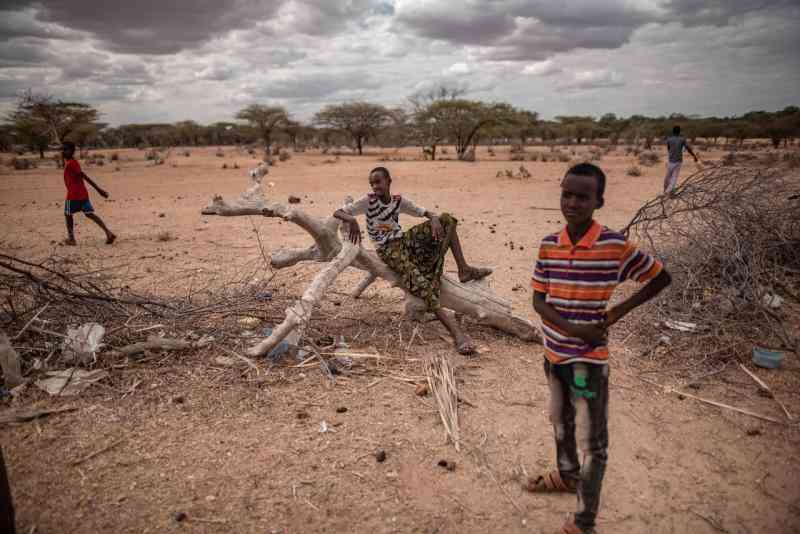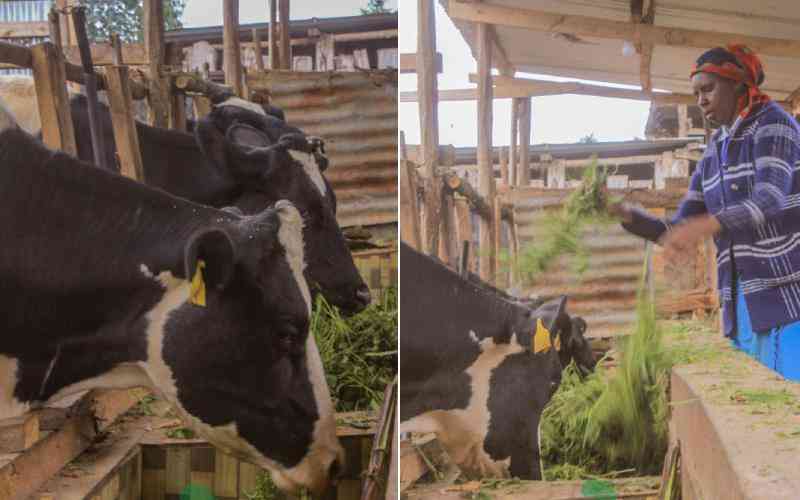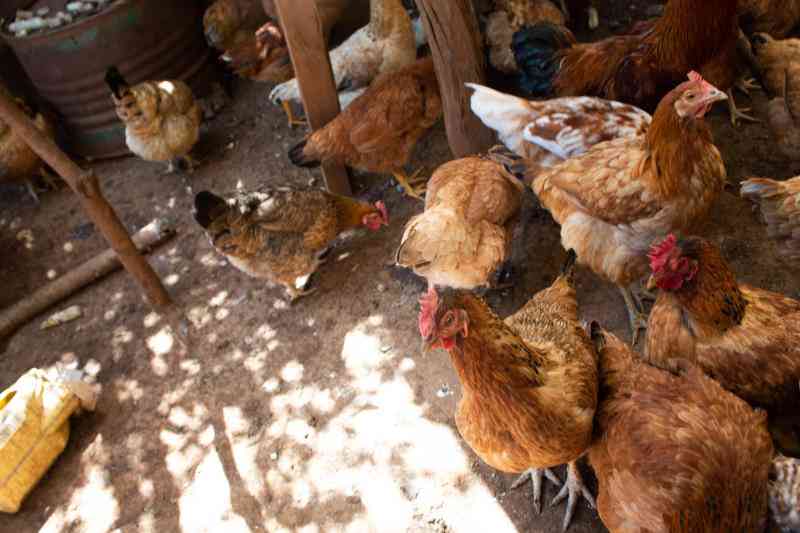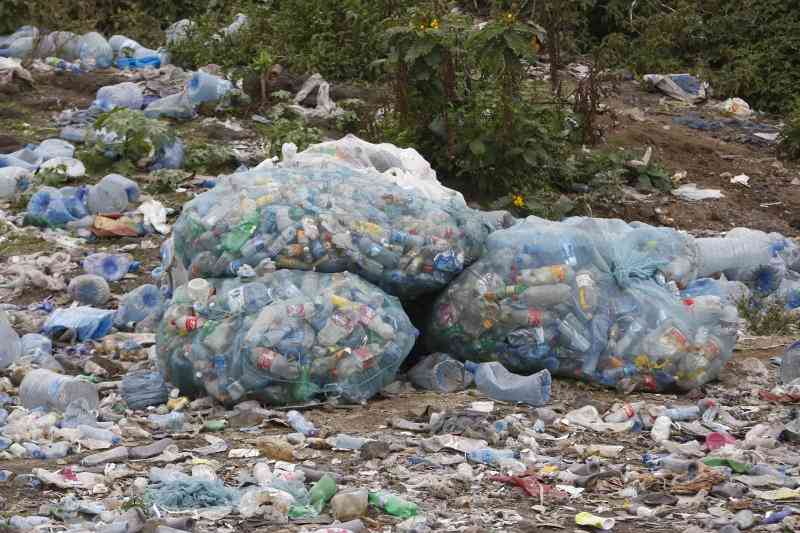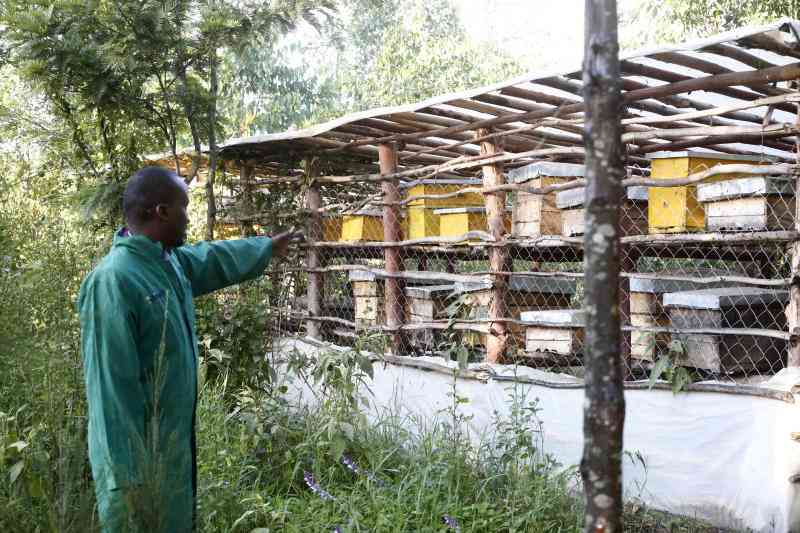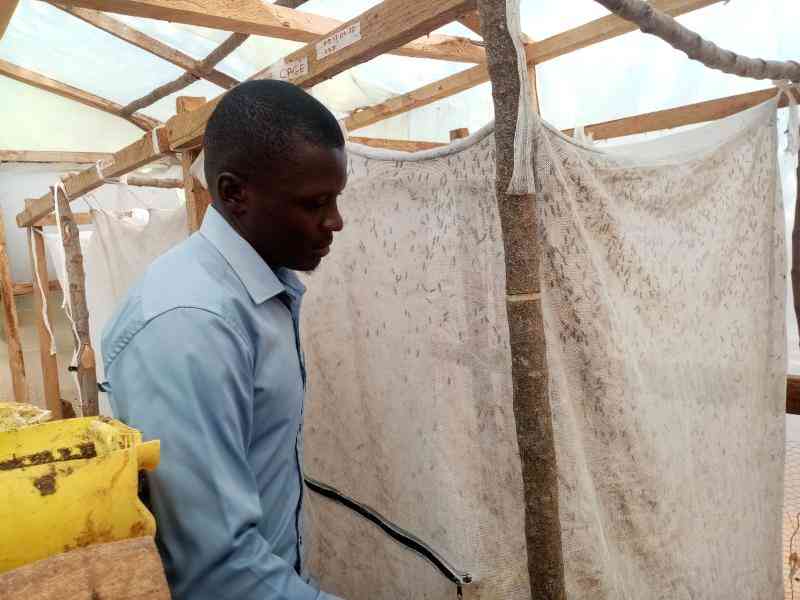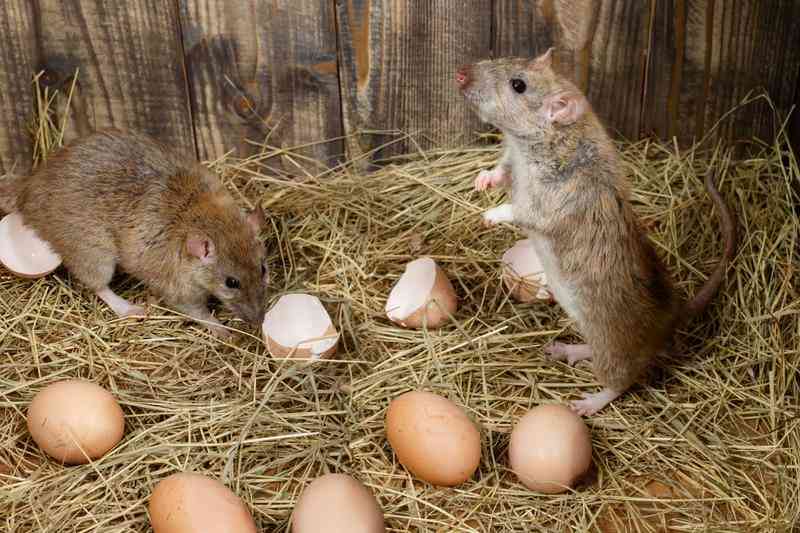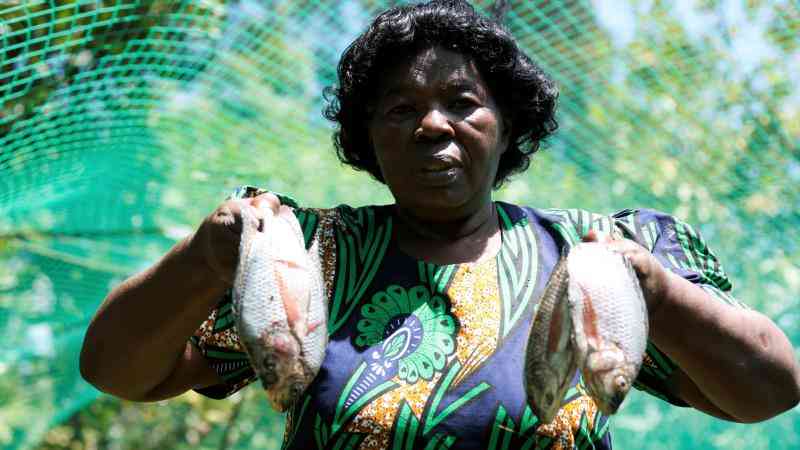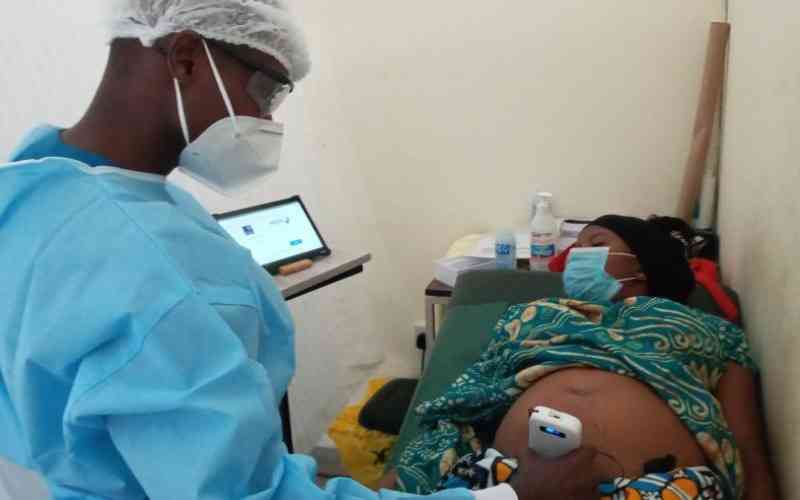
Medics at Rabai sub county hospital in Kilifi county attending a pregnant woman during her clinical visit to the facility. [Marion Kithi, Standard]
The acute shortage of food in drought-ravaged Kilifi county is exposing pregnant women to acute anaemia, a new report has shown.
The research, conducted by Pregnancy Care Integrating Translational Science Everywhere (Precise) in partnership with the Aga Khan University and the Kilifi County Department of Health, showed that more than 56 per cent of expectant women in the county are anaemic, while two in five women of reproductive age are acutely anaemic.
The five-year research which was presented last week indicated that the condition has doubled the risk of high prevalence of low birth weight, still births, maternal death and foetal growth restriction in Kilifi.
Lead researcher Prof Peter Von Dadelszen, obstetrician and gynecologist at King's College London, observed that a woman who develops severe anaemia at any point in her pregnancy or in the seven days after delivery, is at a higher risk of death.
"This is a case where we have more generations malnourished, trapped in a cycle of hunger," said Prof Von Dadelszen.
"The current drought worsens the situation, and without strong interventions by stakeholders, thousands of children will miss out on what should be normal, everyday opportunities for their entire existence because they did not receive adequate nutrition at the right time in their young lives," he added.
Of the more than 200,000 people who currently need humanitarian assistance in Kilifi, an estimated 50,000 are pregnant women. The study involved collecting blood samples at each hospital visit during antenatal care, delivery and postpartum.
It also indicated that several anaemic women who were involved in the study lost their lives before, during and after delivery.
Anaemia, which is characterised by a lack of healthy red blood cells, mostly affects pregnant women, particularly when they consume inadequate or iron-deficient food.
Pregnant women in hunger-stricken areas are at increased risk of anemia due to higher rates of dietary iron deficiency, inherited blood disorders, nutrient deficiencies and infections such as malaria, HIV and hookworms.
The study further indicated that iron deficiency due to poor feeding is the most common cause of anaemia among pregnant women in Kilifi.
This means that the drought and food shortage in the region poses danger to both mothers and the new born babies. In rural areas, malnutrition is a chronic condition and levels of severe and moderate malnutrition are worsened by the current drought as more women cannot afford proper meals during their pregnancy.
Anaemia has also been associated with increased prevalence of antepartum and postpartum hemorrhage or severe bleeding.
"Anaemia is a readily treatable condition but the existing approaches so far have not been able to tackle the problem. Clinicians, policy makers and healthcare professionals should now focus their attention on preventing anaemia using a multifaceted approach, not just hoping that iron tablets will solve the problem," said Prof Von Dadelszen.
The Kilifi study found that 56 per cent of all pregnant women had anaemia at the first antenatal clinic visit.
About two per cent had severe anaemia. It also established that anaemia at the time of delivery remained high at 48 per cent.
The study showed that pregnant women need more iron to supply cells to the womb, placenta and the developing baby, who will rarely suffer from lack of iron, as it takes from the mother's body.
Professor Marleen Temmerman, obstetrician gynecologist working with Aga Khan University, said the goal of the project was to explore if there is an independent relationship between death and the condition of severe anaemia in which a person has a very low red blood cell count.
She noted that the research will help to shape health policies by providing scientific evidence of the importance of prevention and treatment of maternal anaemia.
Kilifi County Executive Committee (CEC) member for Health, Peter Mwarogo, said national and county governments and non governmental organisations should distribute therapeutic food in government-run health centres to stabilise the conditions of severely malnourished children and pregnant women.
Mwarogo also recommended that lactating mothers should receive additional food to improve iron levels.
"Apart from providing iron and folic acid, pregnant women need to be furnished with other supplements to sustain themselves during and after pregnancy," he said.
According to a Kilifi county malnutrition survey conducted last year, nearly one in two children aged two years and below are suffering from malnutrition while 65 percent of children aged five are not feeding enough to thrive.
"Last year's survey showed that more than 15,000 children under the age of two suffer from acute malnutrition and the saddest part is that those who have come to our facilities are only 300," says Dr Nyawa Benzadze, a nutritionist at Kilifi County Referral Hospital.
 The Standard Group Plc is a multi-media organization with investments in media platforms spanning newspaper print
operations, television, radio broadcasting, digital and online services. The Standard Group is recognized as a
leading multi-media house in Kenya with a key influence in matters of national and international interest.
The Standard Group Plc is a multi-media organization with investments in media platforms spanning newspaper print
operations, television, radio broadcasting, digital and online services. The Standard Group is recognized as a
leading multi-media house in Kenya with a key influence in matters of national and international interest.

